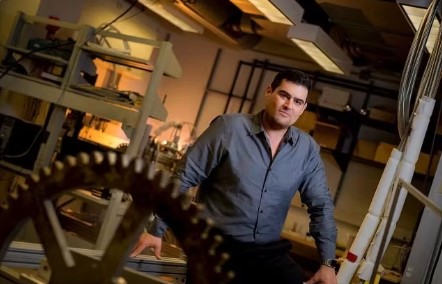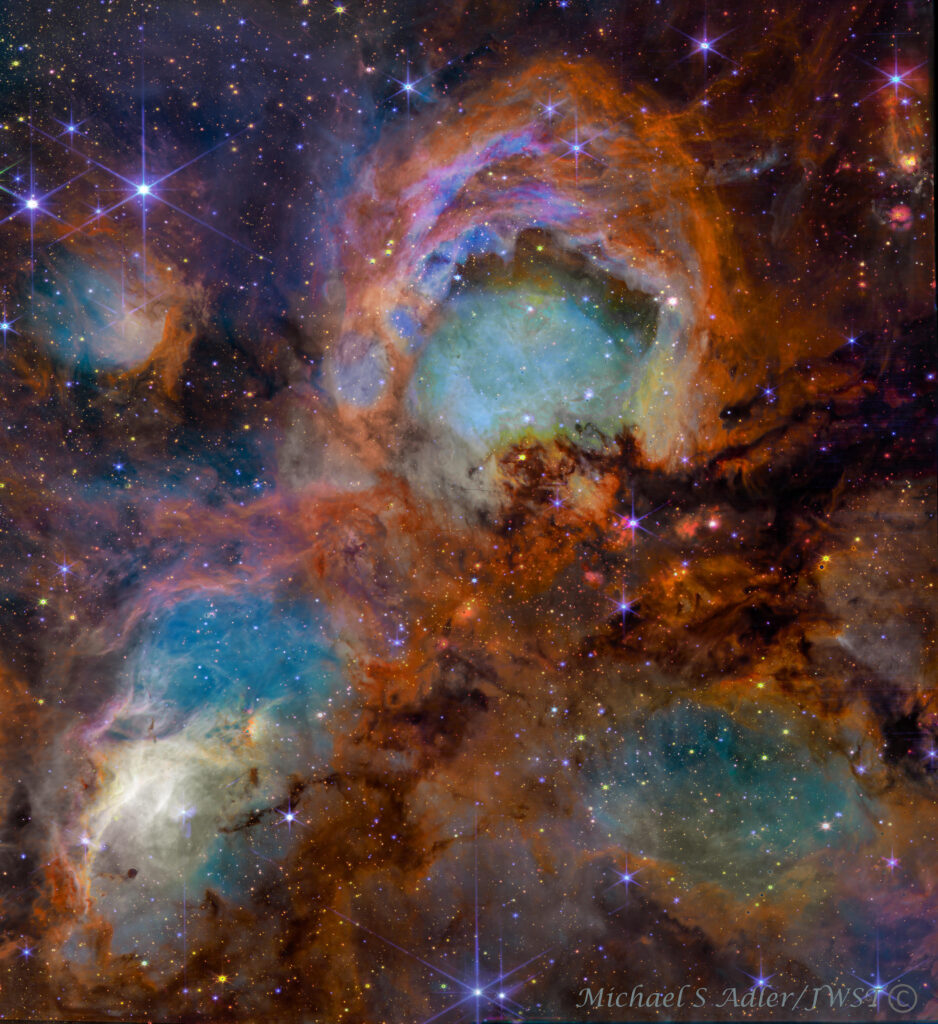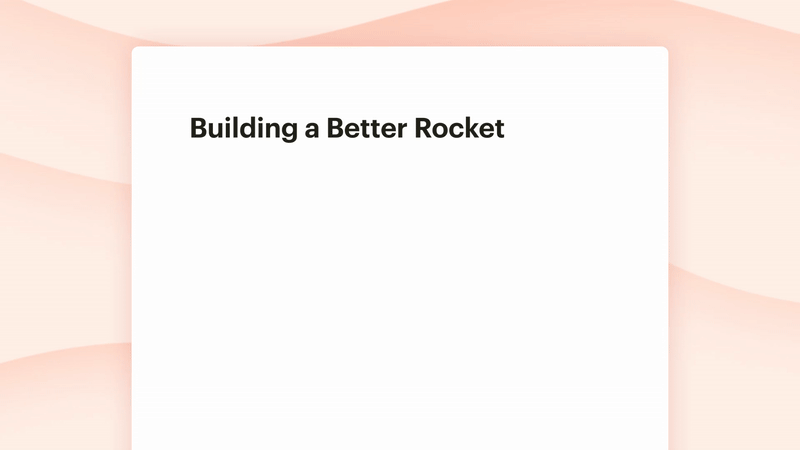From Sinai to Sputnik, One Simple Tool That Saved Civilization
Dear Magicians,
The Tool That Deserves a Nobel Prize
Three thousand years ago, Moses carried stone tablets down from Sinai. In 1935, Boeing engineers invented the pre-flight checklist after their prototype B-17 crashed, killing both pilots who forgot to disengage the gust locks. In 2009, surgeon Atul Gawande reduced surgical deaths by 47% using a simple two-minute checklist.
The pattern? Checklists save lives precisely when human expertise fails.
A few years ago, 800 feet down the runway in my Cirrus SR22, I glanced at my flap indicator. Something wasn’t right. The needle showed half-flaps when I’d set full. My hand went to the throttle. Abort. According to the NTSB, flight crew failure to use checklists was the probable cause of Northwest Airlines Flight 255’s crash in 1987, killing 154 people. My error would’ve been less dramatic—maybe just an embarrassing go-around, maybe something worse—but the checklist caught it.
Not my memory. Not my 1200+ hours of experience. The laminated card on my kneeboard.
Gawande distinguishes between “errors of ignorance” (not knowing enough) and “errors of ineptitude” (not using what we know). I knew flaps matter.
But in that moment, rushing through the runup, my brain filed “flaps” under “handled” without verifying.
The Passover Seder—performed by millions annually—follows 15 precise steps called the “order.” Not suggestions. Not guidelines. Steps. The Ten Commandments used ten items because that’s the limit of reliable human recall. Boeing’s first aviation checklist established the principle that human memory is unreliable for mission-critical procedures.
Why don’t checklists have a Nobel Prize category? Because they’re “too simple.” We celebrate complexity—breakthrough quantum mechanical tunneling won this week. We don’t celebrate the prosaic, the obvious, the boring.
But when Gawande’s WHO surgical checklist was tested across eight hospitals worldwide, major complications dropped 36% and deaths fell 47%. Since checklists became standard in commercial aviation in the 1980s, accidents have steadily declined. No drug has that safety profile. No technology has that reliability.
Here’s what makes checklists revolutionary: They assume you’re human.
They don’t demand perfection. They don’t require genius. They acknowledge that even experts—especially experts—operate near cognitive overload. Gawande initially thought Harvard surgeons “didn’t need this.” Then he found the checklist catching errors every single week.
My flap indicator wasn’t a life-or-death moment. But it was my moment—the split second where procedure overrode pride, where the checklist I’d mentally skipped in the hangar would’ve sent me rotating into an underpowered, asymmetric climb.
This week’s musing: What high-stakes procedure in your life lacks a checklist?
Not because it’s unimportant. Because you’re “too experienced” to need one.
That’s exactly when you need it most. Go make one.
Until next time, have a M.A.G.I.C. Week,
Brian
Appearance

Great summary from Podcast Notes!
Cosmologist Brian Keating interviewed dozens of Nobel laureates for his book Focus Like a Nobel Prize Winner and found one pattern: they build genuine relationships through unscalable work, not networks.
Nobel physicist Donna Strickland exemplified this by declining his foreword request—she was overcommitted, demonstrating his core lesson about guarding time ruthlessly.
Keating runs weekly office hours with zero students. Those who attend build relationships leading to jobs and mentorship. Communication matters as much as discovery.
The lesson: Do work that doesn’t scale. Build real relationships. Guard your time fiercely., Cal is joined by Dr. Brian Keating, the Chancellor’s Distinguished Professor of Physics at UCSD, and one of the most prolific popularizers of science around (you may have seen him recently chatting about cosmology with Joe Rogan and Andrew Huberman). They talk about Keating’s new book, HOW TO FOCUS LIKE A NOBEL PRIZE WINNER, as well as many other topics, including a deep look at Keating’s unusual path to academia, and a deconstruction of what’s needed to succeed at the highest levels of academia.
Genius
Dr. Lou Ignarro exemplifies the quiet genius that often changes the world by accident!
Image

The James Webb Space Telescope, the universe’s most expensive cat toy, is celebrating its third birthday by giving the Cat’s Paw Nebula a cosmic belly rub.
This giant space-cat, located 5,500 light-years away, has been hiding some juicy star-forming secrets, and Webb is ready to spill the tea. Or, in this case, the stardust.
Credit: Mike Adler
Conversation
Brian Keating sits down with the legendary astronaut, author, and all-around space explorer, Chris Hadfield, for a fascinating conversation that rockets from the Cold War origins of the space race to the cutting edge of today’s cosmic rivalries.
Expect thought-provoking discussions on the moon landing hoax conspiracies, the psychology behind UFO and UAP sightings, and why checklists—both in life and in space—are written in blood. Hadfield also reflects on the delicate dance of international cooperation, the legacy of controversial figures like Wernher von Braun, and the future tension between exploration and competition with nations like China.
Advertisement
When Chris Hadfield told me astronauts live and die by checklists, I smiled—because so do I.
Just, in my case, the stakes are a little lower:
Quantum mechanics lecture? Check.
Podcast prep? Check.
Orthodontist rubber bands? Check.
For years, I’ve used Todoist to keep my personal chaos and my team’s projects aligned. Unlike bloated project management tools that feel like a second job, Todoist is lightweight, powerful, and actually fun to use. It keeps everyone on track without endless status meetings or confusing dashboards.
If you run a small or medium team, Todoist Business is the mission control you need. And as a subscriber of Into the Impossible, you get 30 days free.
Try it here: https://get.todoist.io/ukirup
Checklists keep astronauts alive. Todoist keeps the rest of us productive.

